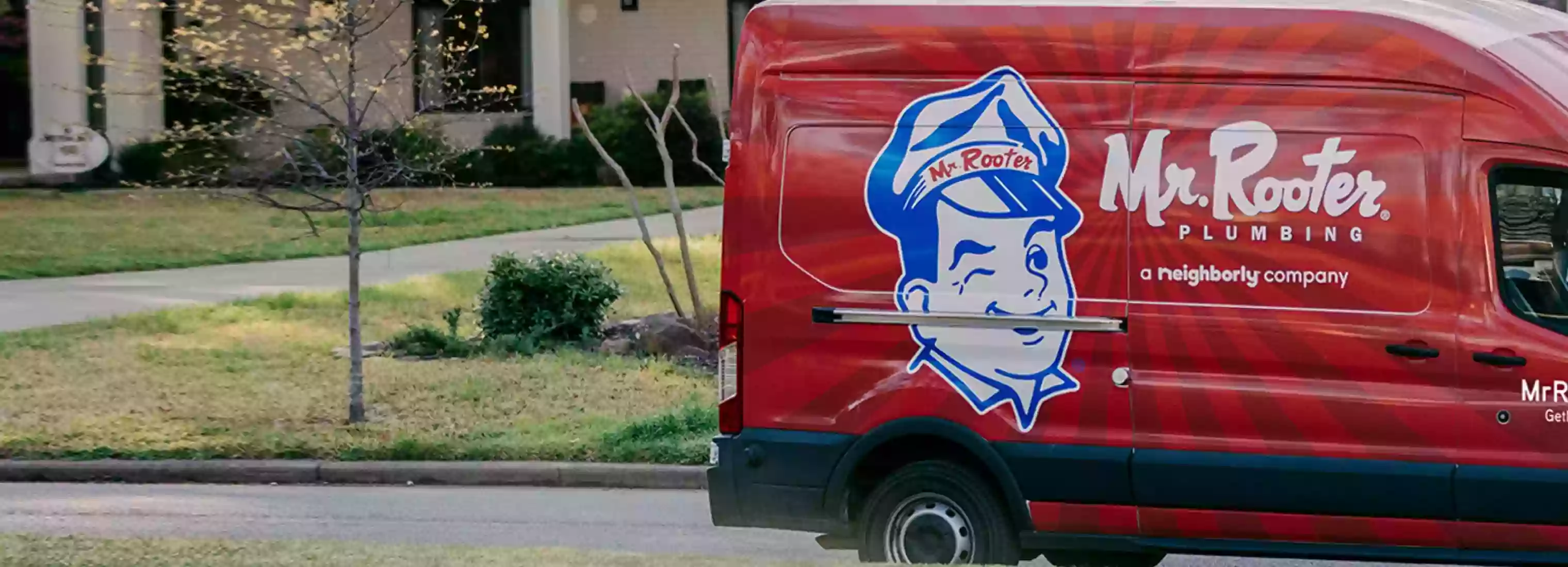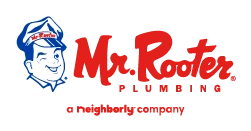The Dos and Don’ts of Home Drains: What Not to Put Down the Kitchen Sink
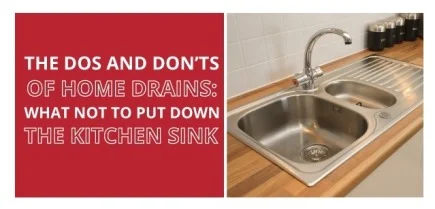
Your garbage disposal and drain both have jobs to do. The disposal pulverizes food wastes, so the drain can carry them away. If you want this process to go smoothly, you also have a job to do: learn what not to put down your kitchen sink.
While there are other drains in your home, the kitchen is often the one most frequently used and abused. However, the bathroom sink and toilet can also become garbage cans for items not made for drains.
Food scraps, grease, and all sorts of things can end up in your kitchen sink, which can lead to a variety of problems, such as:
- Poorly working drains
- Humming disposal motor
- Leaks
- Slow grinding disposal
- Noisy disposal
You can prevent these common drain and garbage disposal problems by doing your job and not putting the wrong things down your drain or garbage disposal.
What you flush down the toilet can also negatively affect your drains and your septic system. Ideally, you should only flush human waste and toilet paper, but many people don’t adhere to this rule. Flushing the wrong items or sending them down your drain may get rid of waste, but come back to haunt you later as clogs, sewer backups, overflows, and other plumbing problems.
So what are the wrong things? And what should you do? Let’s take a look!
What NOT to Put Down Your Garbage Disposal
Your garbage disposal is made up of a motor and a powerful flywheel among other working parts. The flywheel, with power from the motor, flings waste products against a shredder, creating a biodegradable pulp that is easily flushed down the waste line.
The shredder in the disposal is kind of like your teeth. It’s powerful, but it has limits as to what it can pulverize easily. If food is not easy for you to chew, it’s most likely too tough to put down your disposal. Doing so can dull the shredder and damage the flywheel, or both.
If your disposal is draining slowly, humming, or noisy, you most likely have a damaged flywheel or shredder that requires repair. For garbage disposal problems, you can contact Mr. Rooter Plumbing of Greater Syracuse. We can accurately diagnose and repair your garbage disposal.
Here are some tips on what not to put in a garbage disposal.
Fats, Oils, and Grease
Greasy, oily foods will clog your disposal. As greasy substances cool, they solidify in your drain. There are better ways of disposing of greasy foods:
- Toss it. An old coffee can or jar works well. Just wait for the oil to cool and pour it into the container. Make sure to wipe your pan with a paper towel before washing, so it doesn’t end up in your disposal. Once the grease is cool, place the lid on the container, tie it up into a small plastic bag, and toss it in the trash.
- Reuse it. You can reuse grease from deep frying by sifting out any solid materials using a sieve. Place it over a clean container and pour the grease in, filtering out any solid particles. You can reuse frying oil as long as it is clear.
Foods Your Disposal Can't Chew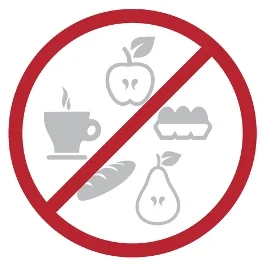
Would you ever attempt to chew eggshells? This is something to think about when deciding what not to put down a garbage disposal. Other foods that are difficult for your garbage disposal to chew include the following:
- Starchy, stringy or fibrous foods. These foods are difficult for the shredder to turn into pulp, and they can get tangled around your blade.
- Pasta. It expands when it comes into contact with water, and it will continue to do so each time you run water down your drain. This means it can end up in your disposal trap.
- Eggshells. They are not only hard to grind up, but they also have a membrane inside the shell that can get wrapped around garbage disposal blades.
- Fruit pits and seeds. They’re hard and can damage your disposal. Never put seeds or pits from peaches, avocadoes, plums, cherries, olives, or other foods at your disposal.
- Bones. Your garbage disposal cannot handle them, with the exception of fish bones. If you attempt to dispose of bones this way, they will end up getting caught in your disposal and jamming your flywheel.
- Coffee grounds. They can easily get stuck in your disposal trap.
Non-Food Items
As a general rule, never put non-food items down your garbage disposal, even if you think they’re soft enough for the shredder to handle. Even if they do get chewed, these items can cause other problems, like not breaking down in your septic or sewer system or getting caught in the bends of your drains and pipes. Some common non-food items people try to shove down the disposal include:
- Cigarette butts
- Plastic wrappers
- Paper wrappers
- Styrofoam containers
Avoid potential disasters, and don’t put any non-food items at your disposal.
Helpful Tips
Here are a few helpful tips to consider if you’re concerned about the health of your garbage disposal:
Properly Place the Food into the Disposal
How you place the food into the disposal is important. Consider the following advice about how to insert safe foods into the disposal:
- Prevent jamming by not packing the disposal too tightly.
- Run the cold water fully open while the disposal is running to help congeal grease particles that may have been left behind.
- Help clear the line by allowing the cold water to run for about a minute after turning off the disposal.
Start a Compost Heap
There are certain foods that shouldn’t go down the disposal, but could instead be composted, like these:
- Eggshells
- Fibrous vegetables
- Vegetable peels, like potatoes and apples
- Coffee grounds
Keep Your Unit Clean
When it’s time to change the baking soda in your fridge, use the old box to clean and deodorize your garbage disposal. If you don’t have old baking soda, you can use new.
Follow these simple steps:
- Turn on the hot water and the disposal.
- Slowly pour in the cup of baking soda.
- Allow the hot water to continue running for a minute or so after the baking soda is gone.
Do this every couple of months to clean the inner workings of your unit.
Keeping Your Drains Clog-Free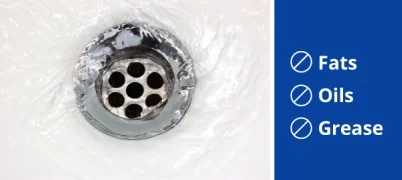
Now that you know more about how to keep your garbage disposal working great, let’s learn more about what not to put down the drain.
Clogged drains are an inconvenience and depending on the type of clog, they can be messy! You have drains in every room of your home that has water or appliances that use water. This includes the bathroom, kitchen, and laundry room. Learning what items not to put down your drain can help reduce odors and common repairs.
The best way to handle drain clogs is to prevent them. Avoid putting things you shouldn’t down the train and also avoid flushing them down the toilet if you want to prevent clogged drains in the bathroom and kitchen.
Here is a list of items that should never go down your drain:
- Fats. Fats come from a variety of sources, including dairy products, meat trimmings, butter, shortening, and peanut butter. They solidify at room temperature and will do so in your drain, causing slow or clogged drains. Dispose of fats in your trash once they become solid.
- Oils. Oils mainly come from plant products, such as corn, vegetable, and olive oils. There are also oils in mayonnaise and salad dressings. Oils coat your drain and build up over time, creating slow or clogged drains. Oils are liquid, even at room temperature. You can dispose of them by pouring them into a leak-proof container with a lid and throwing the container in the trash.
- Grease. Grease comes from foods like gravies, fat from cooking meats, and skin from boiling poultry. It solidifies at room temperature and will collect in your pipes, harden and clog the drain. It should be discarded in the trash like fats.
Collectively, these food items are known by the acronym FOG, and they do more harm than clogged drains. They’re also bad for septic and sewer systems.
In the bathroom, you need to be careful what you flush, and this includes not flushing FOG, among other items such as:
- Baby Wipes
- Bandages
- Cotton balls
- Cigarette butts
- Kitty litter
- Hair from your brush
- Food
- Fabric softener sheets
- Diapers
- Paper towels
- Cosmetics
To be completely safe, only flush toilet tissue, urine, feces, and vomit.
Septic System Tips
Even items that say flushable may cause problems depending on your septic or sewer system. Here are some things you should know about keeping your septic or sewer system clear and problem free.
Avoid FOG
Putting FOG down your drain and your septic or sewer system leads to clogs because these systems have difficulty breaking down fats, oils, and grease. It can also lead to the need for your system to be drained more frequently.
Take steps to prevent FOG from entering your system:
- Don’t pour or flush fats, oils, or grease.
- Wipe off tanning lotions before showering.
- If you use bath oils, do so sparingly.
- Wipe off greasy pots, pans, or other dishes with a paper towel before washing
What about items marked flushable?
Some products claim to be flushable or septic-safe on the label. These include feminine products and flushable personal wipes. While many people flush these, they can create problems for some sewer and septic systems.
Feminine Products
Most women know not to flush feminine napkins down the toilet, but what about tampons? Even though tampons are supposed to be flushable, the University of Wisconsin Department of Environment, Health, and Safety lists tampons as items you “should never flush.”
Personal Wipes
Moist personal wipes have become a popular hygiene product, and they’re also labeled as flushable. However, according to the National Association of Clean Water Agencies (NACWA), these wipes are causing problems, as overflows. They aren’t broken down quickly enough in the sewer systems.
Flushing certainly unflushable, and even so-called flushable items, can cause a host of drain and septic problems, such as:
- Clogs
- Overflows
- Backups
- Tangles in pumps
What to Do About Clogs
Even when you try your best to prevent clogs, they can happen, especially in older pipes and septic systems. If you have a clogged drain or toilet, you can try to free the clog yourself first. But how should you go about doing this? It’s easy!
Don’t Reach for Chemicals
The first thing most people do when they have a clogged drain is to reach for the chemical de-cloggers. But this is not the best idea. Why?
- Chemical drain cleaners are bad for the environment and often end up in lakes and streams.
- The corrosive nature of most drain cleaners not only eats away at the clog but also your pipes.
- The toxic fumes are not safe for you to inhale.
- They often don’t even work.
What to Do for Clogs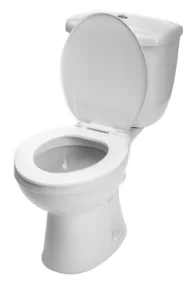
Most homes have a plunger on hand to use for clogs. This is the first tool you should reach for, whether it’s a clogged drain or a toilet.
For a sink:
- Bail out any standing water first. Stuff a rag in the flow drain if you are attempting to unclog a kitchen sink. This allows you to increase pressure while plunging.
- Place the plunger firmly over the drain and pump vigorously.
- Continue pumping up and down for 1 to 2 minutes and repeat, if necessary.
For the toilet:
- Bail out excess water, leaving enough to cover the plunger cup.
- Place the plunger cup snuggly over the drain opening.
- Standing directly over the plunger, pump up and down at least 10 times vigorously.
- On your last stroke, yank the plunger upward using a strong pull.
- Repeat these steps if necessary.
If you decide to try a chemical drain cleaner, never use chemicals and a plunger to unclog drains or toilets. You may splash the chemicals onto your skin or on your face.
Other Tips
Take action to unclog a drain as soon as you notice it’s moving slowly. A slow drain is easier to unclog than one that is completely blocked. You can try flushing the drain with doses of boiling water to try to clear the clog. Don’t use hot water on plastic pipes.
The next step is to try a plunger or an auger. If these methods fail to work, you should contact us at Mr. Rooter Plumbing in the greater Syracuse area. Our licensed plumbers can help, and we’re available after hours for emergencies. We’ll keep working until we diagnose and repair your plumbing problem.
Why Mr. Rooter Plumbing?
Mr. Rooter Plumbing’s licensed plumbers take appointments for weekends, holidays, and nights at no additional charge. With our services, you can always make sure your drains are flowing freely before a family gathering or other event is held at your home.
Our team of plumbers is professionals, and we offer:
- Up-front fixed prices for every job
- Guaranteed prices and workmanship
- Permanent plumbing repair solutions
- Preventative whole-home plumbing checkups
- State-of-the-art plumbing equipment, like cameras
- An understanding and adherence to all local codes
- Repair options that fit your needs
Like your body, your home’s plumbing system can be affected by what is put into it. FOG not only clogs arteries – it also clogs pipes and wreaks havoc on your sewer or septic system.
We offer fast and quality service, including these home plumbing repairs and services:
- Diagnosis and repair of garbage disposals
- Inspection and repair of wells and sump pumps
- Entire system maintenance and cleaning
Don’t wait for a slow drain or a garbage disposal motor lock up. Call Mr. Rooter Plumbing at the first sign of a plumbing issue! We will be there promptly to fix the problem and get your home’s system back on track.
Contact us anytime to schedule your appointment.
 Click to call
Click to call